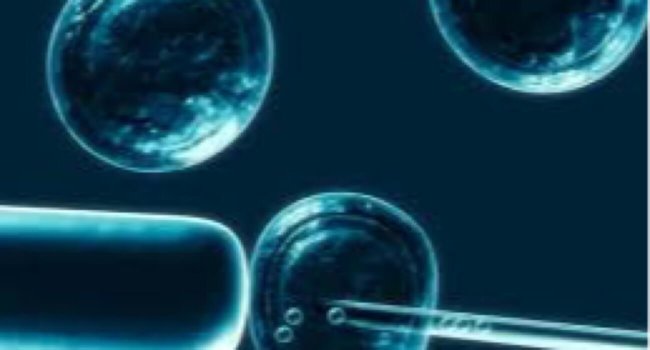
Regenerative medicine is one of the most promising fields of science. The gist of it, if simplistically, is to grow new organs and tissue from the patient’s own cells, which will prevent such a serious complication as transplant rejection. Significant successes in this area managed to achieve a scientist from the Institute of Cytology and genetics, Siberian branch of the Russian Academy of Sciences. According to an article published in the journal Scientific Reports, they managed to solve one of the most important problems: the accumulation of errors in the genetic material during the division of stem cells.
The researchers assume that the errors associated with poor getting artificial stem cells was caused by the fact that during the fission process was not taken into account the work of the microRNA. microRNAs are small non-coding RNA molecules. They affect the process of cell transformation. Stages of the fission process of stem cells to create tissues is already possible to implement in practice, however, each of these steps accumulate errors, making it impossible to fully use the technology. As stated by the press service of the Institute of Cytology and genetics, Siberian branch of the Russian Academy of Sciences,
“We studied the effect of microRNAs on how the process of transformation of cells into pluripotent stem. For this we took the same line of rats, three groups of cells: differentiated cells extracted from skin tissue; embryonic stem cells (natural origin) and induced pluripotent stem cells, artificially created from fibroblasts. Each of the groups we have identified miRNAs and compared them. The results were very interesting.”
It turned out that stem cells, obtained by artificial means, the profile of miRNAs have minor differences from the natural cells. Moreover, scientists were able to detect several microRNAs, which previously science was not known.
Based on materials of RIA “news”
Russian scientists have made another step towards regenerative medicine
Vladimir Kuznetsov